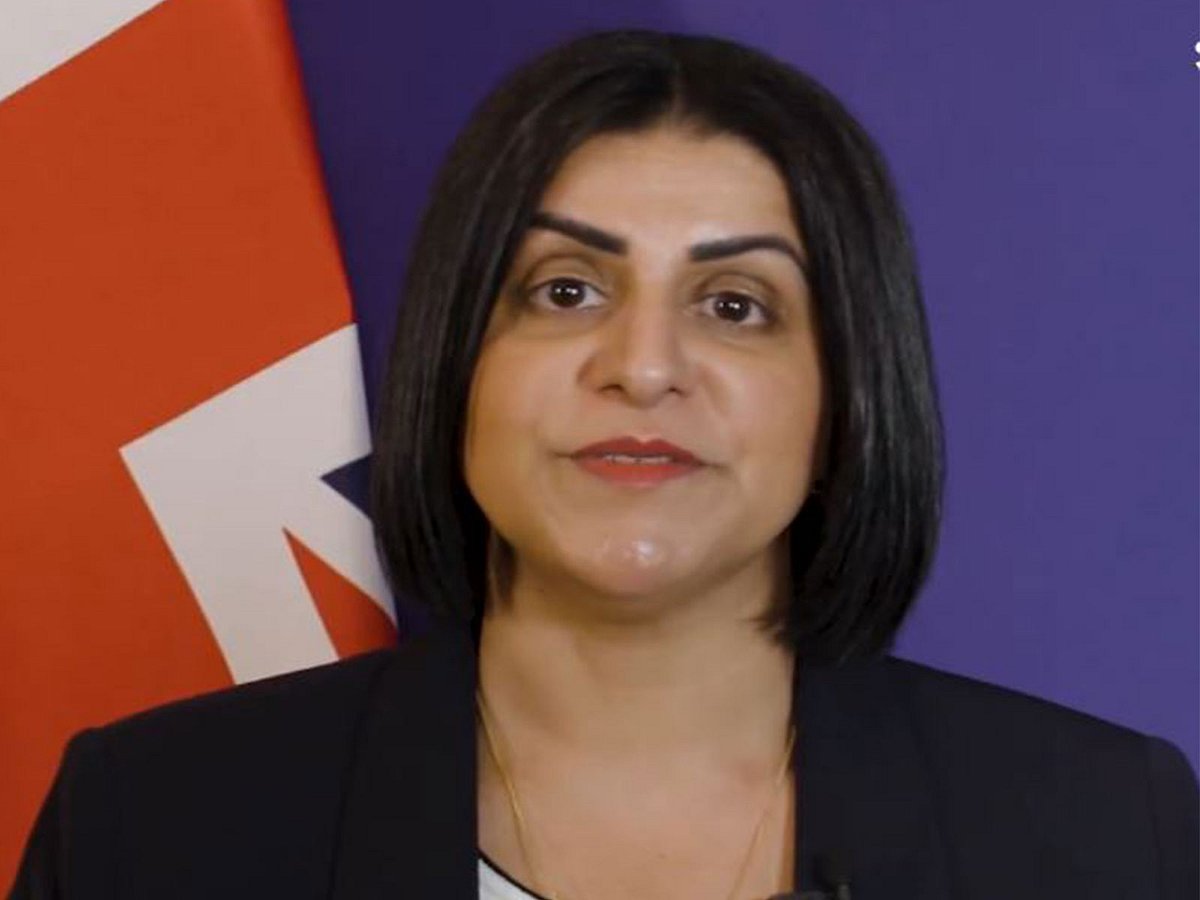20-year wait: Illegal migration 'tearing the country apart', says UK Home Secretary Shabana Mahmood
Major policy reforms set to overhaul the UK’s refugee system, status review every 2 years

Illegal migration is “tearing the country apart,” says UK Home Secretary Shabana Mahmood as she prepares to announce major asylum policy reforms.
On Monday, she is set to unveil a controversial package of laws that would overhaul the UK’s refugee system — including mandatory reviews of refugee status every two years, stricter limits on asylum appeals, and a tougher stance on rights to family life.
20-year wait
Under the new measures, people granted asylum will face a 20-year wait before they can apply to settle permanently in the UK, BBC reported.
Refugee status will no longer be indefinite but will be regularly reviewed every two-and-a-half years, with those whose home countries are deemed safe required to return.
Mahmood said she views tackling illegal migration as a “moral mission” and aims to restore public consent for the asylum system.
"I am the child of migrants myself, my parents came to this country lawfully in the late 60s, and in the 70s. Immigration is absolutely woven into my experience as a Brit and also that of thousands of my constituents.
"This is a moral mission for me, because I can see illegal migration is tearing our country apart, it is dividing communities.
"People can see huge pressure in their communities and they can also see a system that is broken, and where people are able to flout the rules, abuse the system and get away with it."
Dark forces of anger around migration
According to The Guardian, Mahmood has cautioned Labour MPs that “dark forces are stirring up anger” around migration, as senior party figures grow increasingly concerned about what is being described as the most sweeping reform of refugee rights in a generation.
In her article for The Guardian, the home secretary warned that rising frustration over illegal migration could easily turn on "second-generation immigrants" like herself.
She argued that this risks deeper fractures in community relations. “I know that a country without secure borders is a less safe country for those who look like me,” she said.
Curbs on housing, financial allowance
Mahmood also plans to make housing and weekly financial allowances "discretionary" and remove them from those who have a right to work in the UK but do not.
The home secretary was asked why she wanted to revoke asylum seeker support, despite the UK being "less generous" than France, Germany and Denmark when it came to support.
Abuses of the system
She said criminal gangs were selling packages to UK to asylum seekers, telling them they will receive free hotels and food, and that "we know we need to deal with those pull factors," Mahmood stated, emphasising the gravity of the issue.
The UK will also stop granting visas to nationals from Angola, Namibia, and the Democratic Republic of Congo if their governments fail to cooperate on removals, citing their “unacceptably low cooperation and obstructive returns processes.”
She highlighted the problem of criminal gangs selling false promises of free housing and food to migrants.
Currently, refugee status lasts five years before applicants can seek indefinite leave.
The new approach, inspired by Denmark’s system, gives temporary residence permits which must be renewed, with greater emphasis on deportation when countries are safe.
'Inadequate'
Mahmood's approach, however, has been assailed from several corners.
Shadow Home Secretary Chris Philp criticised the reforms as “inadequate”, proposing more extreme measures including rapid deportation and withdrawal from the European Convention on Human Rights.
Moreover, some Labour MPs, including Clive Lewis, told the BBC the Danish system echoed "talking points of the far right" and warned left-wing Labour voters may turn to the Green Party in response.
Liberal Democrat leader Sir Ed Davey supports giving asylum seekers the right to work to reduce dependency on government support, calling it better for both the economy and refugees.
Despite the strict measures, Mahmood acknowledged that many migrants are still drawn to the UK due to language benefits, family ties, or prior asylum rejections elsewhere.
Migration data
Recent data shows 109,343 asylum claims in the past year, a 17% increase from the prior year, with thousands crossing the English Channel in small boats, as per the BBC.
Sign up for the Daily Briefing
Get the latest news and updates straight to your inbox
Network Links
GN StoreDownload our app
© Al Nisr Publishing LLC 2026. All rights reserved.